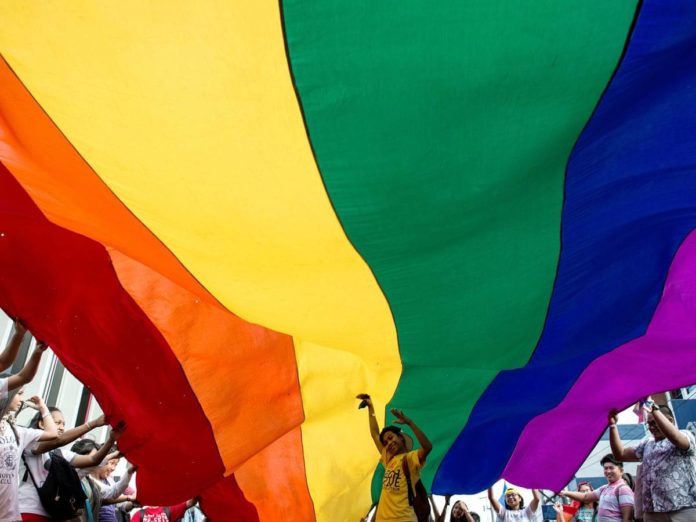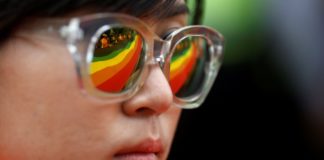Creating safe spaces for lesbian, gay, bisexual, and transgender (LGBT) is part of a wider fight for equality.

A safe space, as defined by the Oxford Dictionary, is a “place or environment in which a person or category of people can feel confident that they will not be exposed to discrimination, criticism, harassment, or any other emotional or physical harm.”
Enter Queer Safe Spaces (QSS), a youth-led nonprofit organization, aims to educate, empower, and support the Filipino queer people.
Launched in October, QSS is a brainchild of content creators Roanne Carreon and Tina Boado.
“It started in the community that Tina and I built, the Family RoTin, our Facebook group with our supporters, queer people, and allies. We created it when we became social media content editors on YouTube,” Carreon, founder of QSS, told the Manila Bulletin.
“We were empowered to form a support group for queer people and allies, especially last year during the onslaught of the pandemic,” she added in a mix of Filipino and English.
From 5,000 group members in 2019, QSS (Family RoTin) Facebook group now has over 14,000 members, Carreon noted their membership grew significantly amid the COVID-19 pandemic.
QSS is also among the 131 participants of the Facebook Community Accelerator Program, an eight-month-long program that will provide training, mentorship, and funding for selected community leaders of Facebook groups.
Free mental health services
The COVID-19 pandemic has exacerbated the disproportionate mental health needs of LGBT people.
According to a study conducted by Kaiser Family Foundation, 74 percent of LGBT people said COVID-19 has harmed their mental healths.
Carreon said part of QSS’ goal is to provide accessible mental health services to queer people that’s why they partnered with MentalHealthPH, an advocacy group that seeks to promote and protect the mental health of Filipinos.
“That’s the problem here in the Philippines, mental health services are so expensive. I’m personally fighting for it because of what I went through in college. I was diagnosed with depression but I didn’t want to be a burden to my family. I want to help myself but counseling, therapy, and medicines are expensive. So we really want to provide subsidized mental health services for queer people,” she shared.
Safe public spaces
Carreon, also a gender rights advocate, said safe and inclusive spaces are important to make everyone, especially LGBT people, feel like they can be themselves sans judgment, harassment, and discrimination.
“We’re aiming to create safe spaces for queer people especially in public places and establishments,” Carreon added, noting that QSS also partnered with Bounce Back PH, a business community of micro, small, and medium enterprises (MSMEs), entrepreneurs, freelancers, professionals, and business owners.
“One of our initiatives is ‘safe space stickers,’ where we will also partner with local government units. Bounce Back PH will be our tool because they have a network of MSMEs. Our plan is to conduct basic sexual orientation, gender identity, and expression (SOGIE) training with restaurant owners and staff and once they completed the training, we will give them a basic SOGIE manual and a ‘safe space sticker’ that will be placed in their restaurants,” she said.
A “safe space sticker” would serve as a seal indicating that an establishment is a safe space for LGBT people where they will not be “misgendered or discriminated,” according to Carreon.
Carreon said they also plan to provide grants and training to aspiring queer micro-entrepreneurs.
“There’s still discrimination in terms of employment in the business sector when you’re part of the LGBT community so one of our flagship programs, called empower program is one of our socio-economic programs for queer people to better help them with their livelihood and business plans,” she added.
Becoming a better ally
An ally is a person who supports equal civil rights, gender equality, and LGBT social movements challenging homophobia, biphobia, and transphobia.
Carreon said to be a better ally, start by recognizing the LGBT communities’ struggles.
“The first step is to be aware of the realities and lived experiences of the LGBT community, listen to what we really go through, because once you empathize with what queer people go through, you will start to be vocal with your support to the advocacies in the LGBT community,” she ended.
SIGN UP TO DAILY NEWSLETTER








